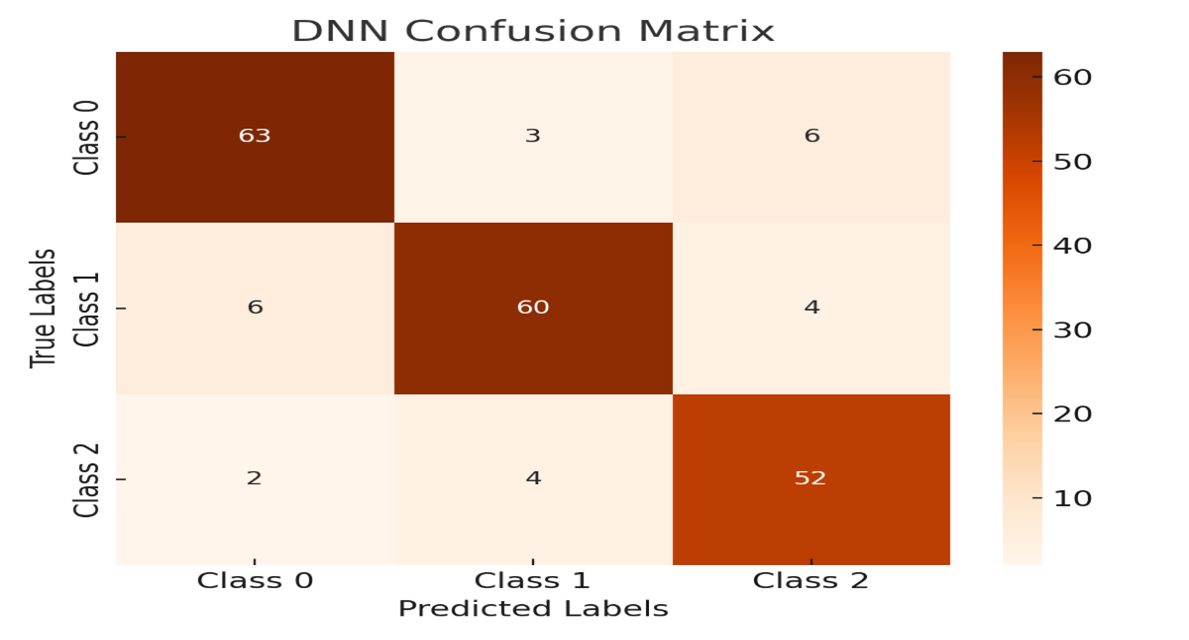OPTIMIZING IOT DATA ANALYTICS WITH MACHINE LEARNING TECHNIQUES FOR SMART CITIES
DOI:
https://doi.org/10.71146/kjmr557Keywords:
IoT Data Analytics, Smart Cities, Machine Learning, Convolutional Neural Networks, Real-time Data, Predictive Maintenance, Data Security, Urban ManagementAbstract
Since the Internet of Things (IoT) devices in smart cities have been increasing at an intense rate, the volumes of generated data are increasing exponentially, which poses a critical problem in terms of data management, analysis, and decisions. The proposal is the potential of the machine learning (ML) technique in optimizing IOT data analytics of a smart city in terms of real-time processing, scalability, and predictive capabilities. The presented paper suggests a holistic framework of ML algorithms that can be used to make IoT systems in cities more efficient. The research compares the efficiency of different machine learning models, Convolutional Neural Networks (CNN), Feedforward Neural Networks (FNN), Deep Neural Networks (DNN), on the IoT data about smart cities, namely, traffic management, environmental monitoring, and public safety. It is clear that CNN model records better scores over other models in terms of accuracy, precision, and recall, therefore, it is advisable to be used on real-time applications in smart cities. The paper presents the significance of streamlining the IoT data analytics to enhance the urban control, resource distribution and the general living conditions. Still, data integration, security, and privacy challenges may be pointed out, and they can be discussed as the priorities in the future work concerning the implementation of smart city systems.
Downloads

Downloads
Published
Issue
Section
License
Copyright (c) 2025 Nasir Mujahid, Muhammad Tahir Ramzan, Zeeshan Ahmed, Naeem Aslam, Muhammad Fuzail (Author)

This work is licensed under a Creative Commons Attribution 4.0 International License.






